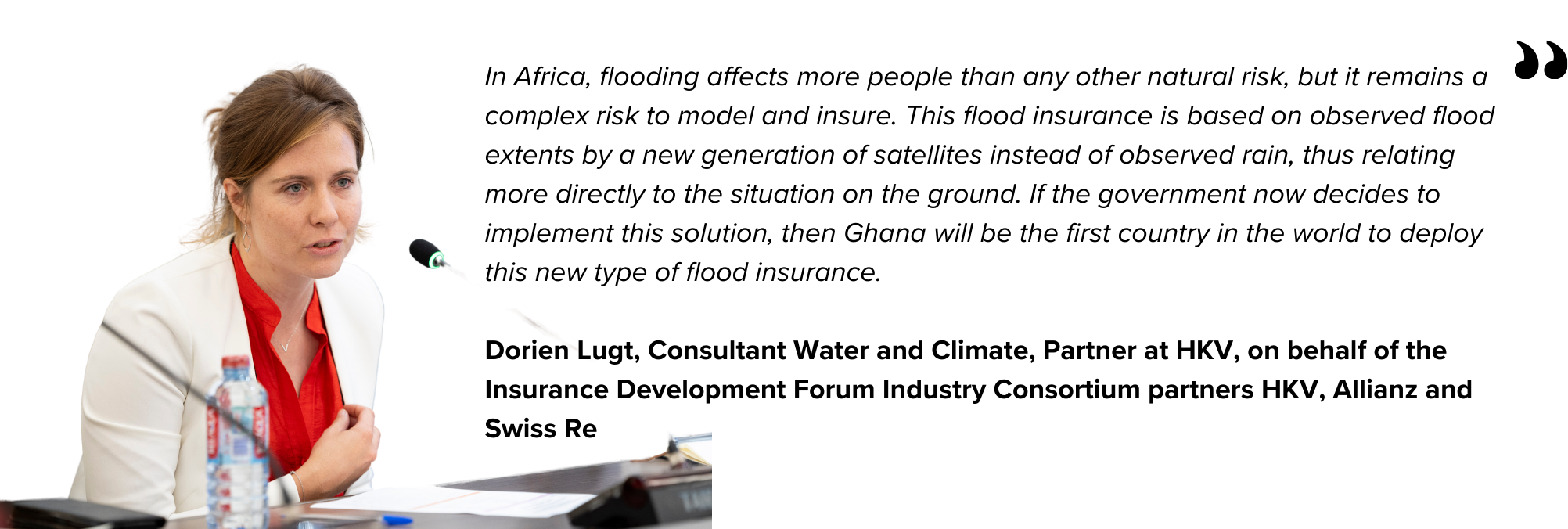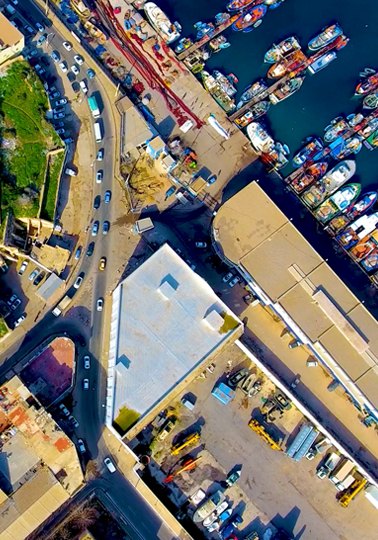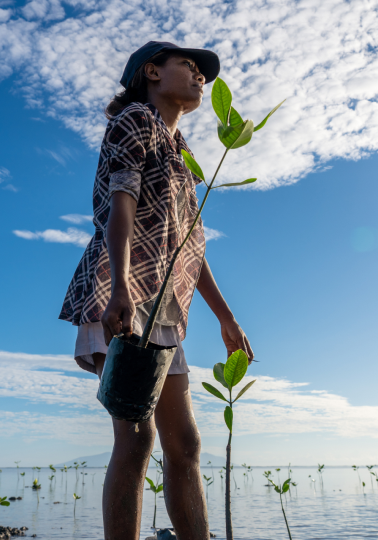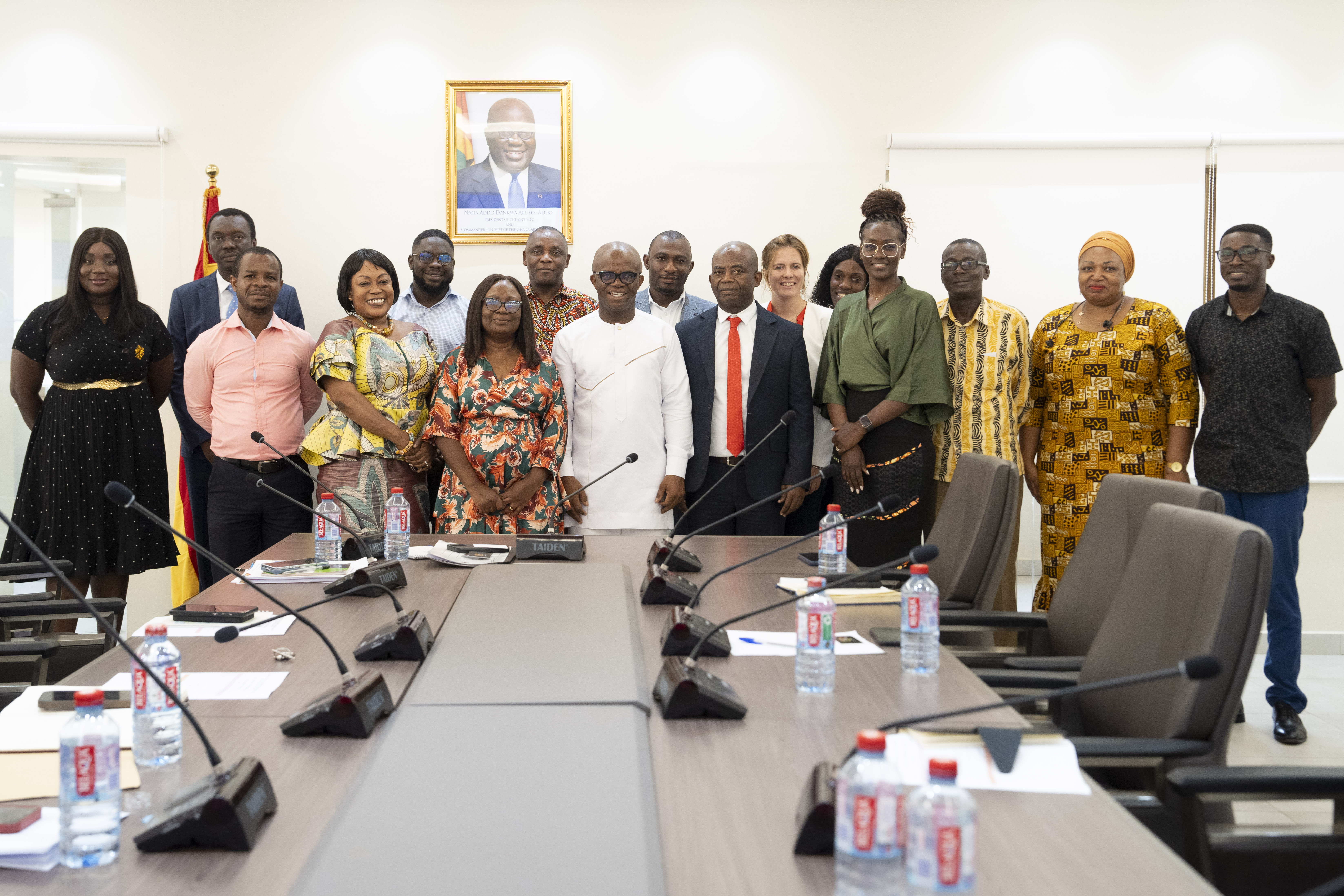Public-Private Partnership Delivers Innovative Risk Transfer Solution for Urban Flooding in Accra
In response to the increasing flood risk and limited financial protection, a project to strengthen the financial resilience of flood-prone communities in Ghana was launched in 2022 under the Tripartite Agreement.Led by the Ghana Ministry of Finance, UNDP’s Insurance and Risk Finance Facility, and the Insurance Development Forum, with support from BMZ through the InsuResilience Solutions Fund (ISF), the project has successfully delivered two parametric insurance products—an Excess Rainfall Cover and a Flood Footprint Product—positioning Ghana as a leader in urban flood risk adaptation.
Rising flood risks in West Africa and globally
Historic flooding across West and Central Africa has affected an estimated 6.6 million people this monsoon season, triggering a humanitarian crisis. Climate change has intensified global flood risks, with devastating impacts on developing countries, where 89% of the world’s flood-exposed people live.
In Ghana, over 27 major floods have occurred in the past three decades, 15 of which hit Accra, the rapidly expanding capital. As flood exposure increases, financial protection remains weak. Seven out of ten Ghanaians lack access to insurance and 42% of the population remains excluded from basic financial services.
Building Ghana’s capacity to financially manage flood risks
Amid escalating flood risks and limited financial protection, a project was launched to enhance the financial resilience of flood-prone communities in Ghana, under the framework of the Tripartite Agreement . Led by the Ghana Ministry of Finance, National Disaster Management Organisation, National Insurance Commission, the United Nations Development Programme (UNDP), and the Insurance Development Forum (IDF), the project aimed to strengthen local disaster risk management. The project was financially supported by the InsuResilience Solutions Fund (ISF) implemented by KfW on behalf of the German Federal Ministry for Economic Cooperation and Development (BMZ).
After two years in development, the consortium – comprising Allianz, Swiss Re and HKV – delivered two parametric insurance products: the Excess Rainfall Cover and the Flood Footprint Product. Unlike traditional insurance, which pays out based on damage assessments, these parametric insurance solutions offer faster payouts based on predefined parameters- such as rainfall levels or flood severity- enabling communities to recover more quickly after flood events. The insured areas have been carefully selected to cover vulnerable households in low-income and informal settlements in Ghana’s Greater Accra Metropolitan Area (GAMA).
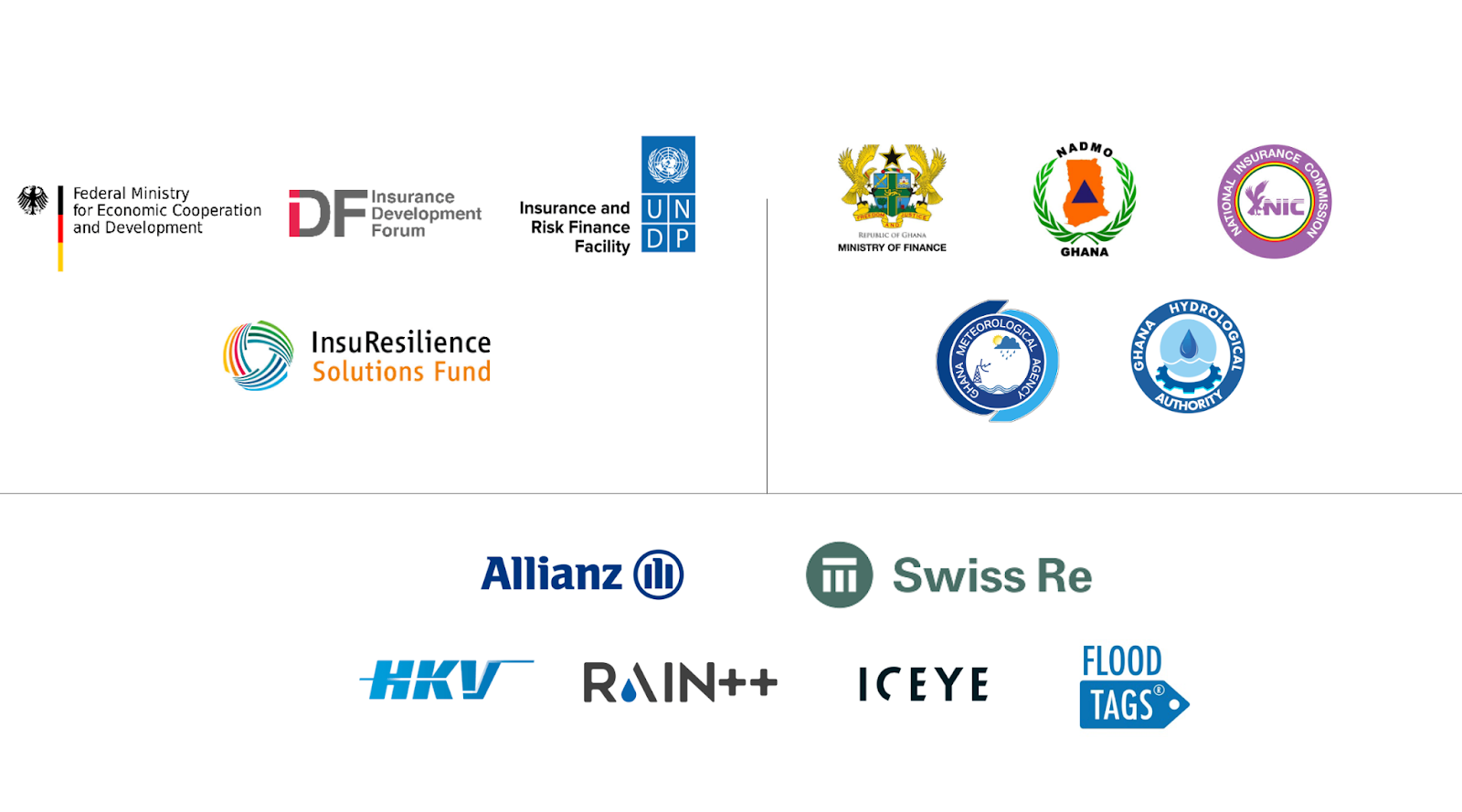
Image:Public-Private actors that have collaborated to bring this innovative flood-risk solution to life
Advancing flood-related disaster risk policies and tools
UNDP, working closely with the National Disaster Management Organization (NADMO) and other government stakeholders, led the drafting of a Flood Contingency Plan, and the Insurance Development Forum industry provided technical support and input. The Plan prioritizes the deployment of funds from the payout for food relief, emergency shelter and non-food relief items, logistics services, environmental sanitation and hygiene promotion, restoration of livelihoods, restoration of teaching and learning materials, and restoration of critical infrastructure.
Alongside the development of the risk financing solution, UNDP has trained about 40 professionals in Climate and Disaster Risk Financing; worked with the Ghana Insurance College (GIC) to roll out an Inclusive Insurance Certification Programme; and implemented Inclusive Insurance Awareness Clinics with Insurance Awareness Coordinators Group as part of the newly developed Inclusive Insurance regulatory roadmap with the National Insurance Commission (NIC) aimed at deepening and strengthening the development of local insurance markets. UNDP worked with NADMO to conduct a series of simulation exercises to test the contingency plan developed as part of the project. The Tripartite partners are committed to continuous learning and improvement, with plans in place for further training and capacity-building initiatives in the months to come.

The development of the risk-transfer solutions has now been completed, and all stakeholders welcome the offer to the government of Ghana to apply for InsuResilience Solutions Fund premium financing for the product to enter the market and protect vulnerable households and businesses that face persistent flood risks and their impacts. The offer is currently under consideration by the government of Ghana.
"The Tripartite Ghana project is a testament to how public and private sector can come together to bolster resilience in the face of climate change. With the development and implementation of two innovative flood insurance solutions designed for the Greater Accra region, we move a step closer to ensuring that local authorities and vulnerable communities are better prepared for any future flooding incidents.” Niloy Banerjee - Resident Representative, UNDP Ghana

“The Tripartite Programme has proven to be a powerful platform for fostering collaboration between public and private actors, demonstrating how knowledge sharing and partnership can transform climate resilience efforts in vulnerable regions. By aligning technical assistance and innovative risk financing tools and working with the government, we are creating lasting impact at the country level. The successful delivery of parametric insurance solutions in Ghana is a testament to the Programme's mission, and the lessons learned from this project can be replicated and scaled in other regions. I wish to thank all partners involved in this project for their ongoing collaborative efforts.” - Ivo Menzinger, Co-Chair of the Insurance Development Forum Operating Committee and Managing Director, Public Sector Business, Swiss Re.

“With the two innovative flood insurance solutions developed in close collaboration between the partners of the Tripartite Agreement and co-funded by the ISF, Accra now has the necessary mechanism at hand in order to increase the financial protection of its vulnerable population. The ISF stands ready to further support market placement of this innovative product. Once implemented this project has the potential to be further scaled up under the Global Shield helping to strengthen the resilience of other cities in Ghana.” - Dr. Annette Detken, Head of InsuResilience Solutions Fund (ISF)
